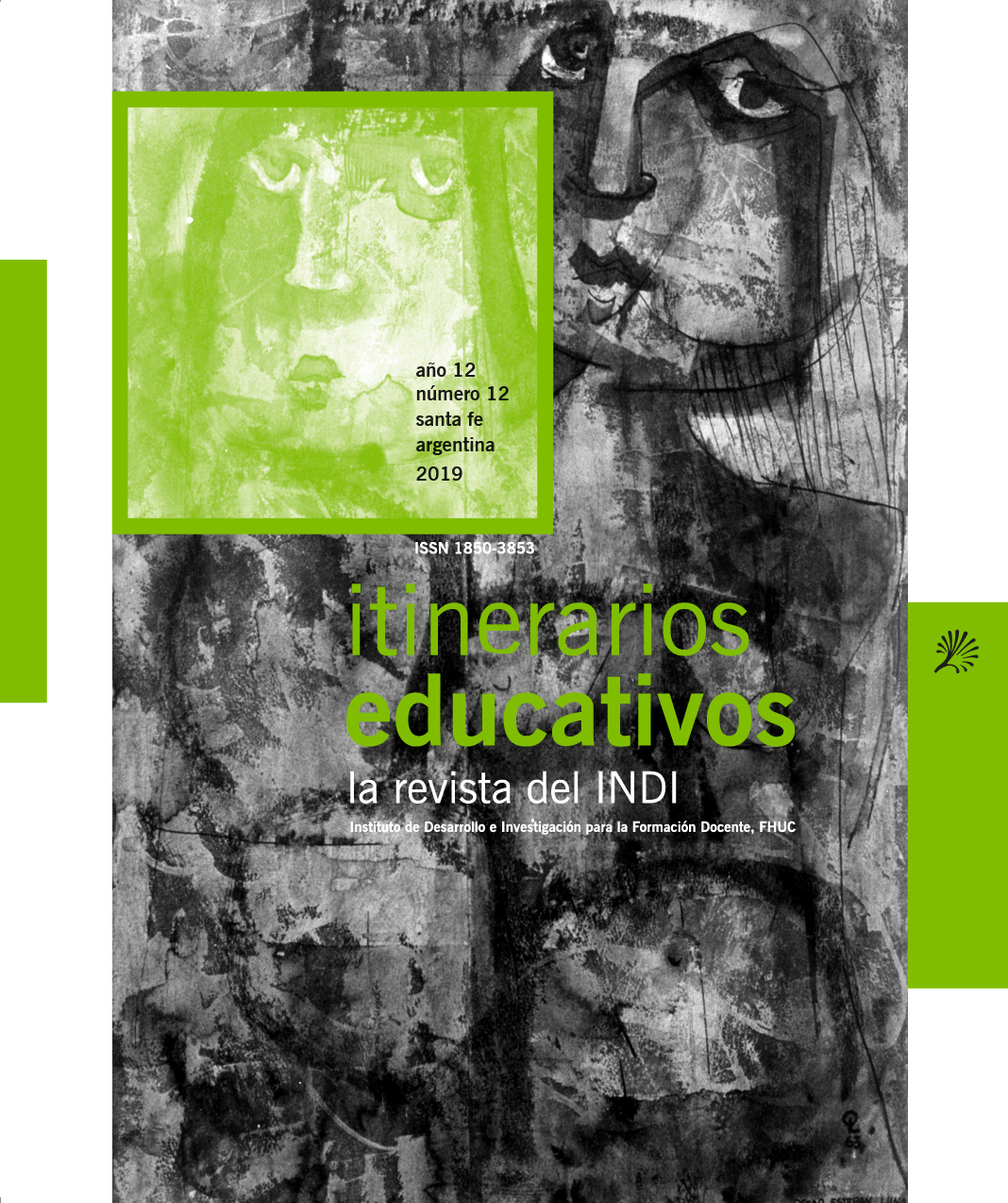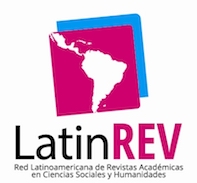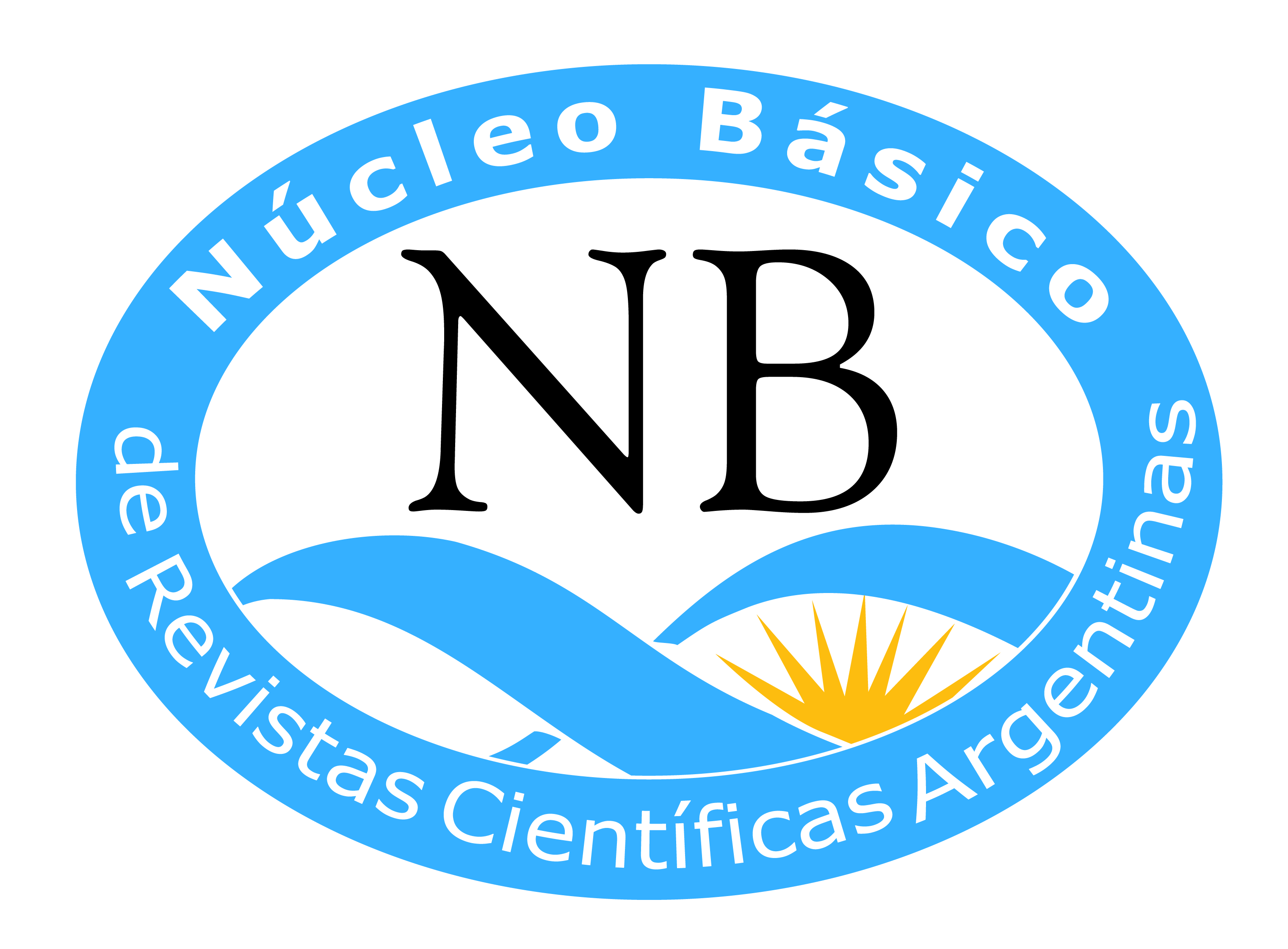University teacher training: Contributions from Sociology of Critical Education
DOI:
https://doi.org/10.14409/ie.v0i12.8834Keywords:
pedagogical training · secondary education teachers · university · sociology of educationAbstract
This work is an invitation to challenge our
teaching practices that are embedded in an institutional
and socio-political context, have an epistemological
anchorage delimited by the particular field of knowledge,
and are defined by theoretical perspectives and
ideological-political options. One of the tasks proposed
by Sociology of Education is to ask ourselves which
training processes are being developed by university
teachers to challenge their own trajectory and to generate
critical educators with transformative intentionality.
Some discussions on this issue are shared in this article.
Pedagogical training of teachers at secondary and
university levels is a challenge for those who have the
conviction that not only disciplinary knowledge shapes
the teaching practice but also a baggage of knowledge
that provides meaning to specific knowledge, making
up an integrated whole in teaching. The pedagogical
task often seems to unfold with autonomy of ethical and
political principles. In addition, the ways to build teacher-
students relationship in university classrooms only
circumscribed to the ‘critical contents’ of the subjects
without an appropriation anchored in the experience
of an alternative pedagogical practice runs the risk of
losing precisely its transforming potential.
Downloads
Published
How to Cite
Issue
Section
License
Those authors who have publications with this magazine, accept the following terms:
The authors will retain their copyright and guarantee the journal the right of first publication of their work,
which will be simultaneously subject to the Creative Commons Recognition License that allows third parties to share
the work whenever its author and first publication this magazine.
Authors may adopt other non-exclusive licensing agreements for the distribution of the published work (eg, deposit
it in an institutional telematic file or publish it in a monographic volume) whenever the initial publication in this
journal is indicated.
Authors are allowed and advised to disseminate their work through the Internet (eg, in institutional telematic files
or on their website) before and during the submission process, which can produce interesting exchanges and increase
citations of the published work. (See The effect of open access).
















